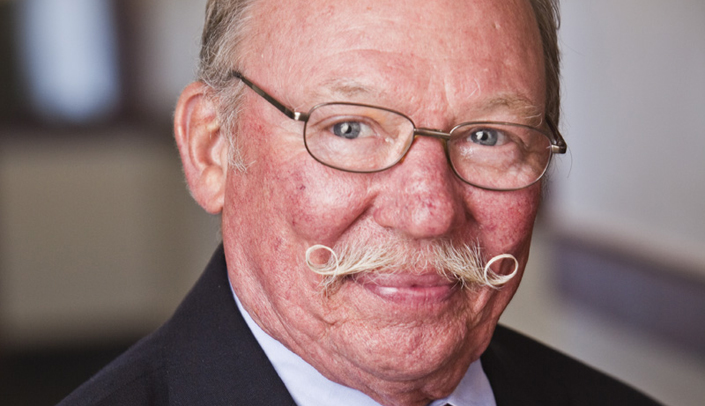The reaccreditation process, which occurs once each decade, is under way again at UNMC.
|
|
James Turpen, Ph.D., is serving as accreditation liaison officer, leading a group of approximately 75 faculty, students and staff members as they develop responses to the Higher Learning Commission, which accredits degree-granting post-secondary educational institutions in the North Central region of the United States. He is joined on the executive committee by Dele Davies, M.D., vice chancellor for academic affairs; Mary Helms, associate professor, McGoogan Library of Medicine; and Fred Salzinger, assistant vice chancellor for business and finance.
It’s a process that will take approximately two years, Dr. Turpen said, culminating in a site visit that will occur in the fall of 2016 or the spring of 2017. The goal is a full, 10-year reaccreditation for UNMC.
Institutional accreditation is important to UNMC for several reasons, including allowing UNMC to maintain its eligibility for federal student financial aid programs. The institutional accreditation process is separate from the specialized accreditation processes that UNMC colleges, the hospital, continuing education, professional programs and residencies undergo.
The commission explores five standard criteria as part of the accreditation process:
- Mission.
- Integrity.
- Teaching quality.
- Teaching evaluation/improvement.
- Resources and planning.
“These are standard criteria for an institution of higher learning,” Dr. Turpen said.
Each of those five criteria has a list of core components, and each core component has between three and five “subcore” components.
“That is the roadmap we’re following,” Dr. Turpen said. “There are 73 different things we are accountable for.”
Information has to be gathered and a written report prepared for each by the project management team. Dr. Turpen has created a committee for each criteria, and each committee features a member from each unit on campus.
“Faced with the sheer volume of information required, organizing it in an effective way is really another challenge.”
The team is working on a timeline, completing each component in order.
Dr. Turpen is confident that the group will be ready for the site visit, although there’s a lot of work that still lies ahead.
“Not being accredited is not an option,” he said. “This is essential for the welfare of the institution.”
He thanked the members of his team.
“These people are all volunteers, doing this in addition to their regular duties,” he said.

Thank you for including students as members of these important teams as well. We look forward to contributing to this important process!